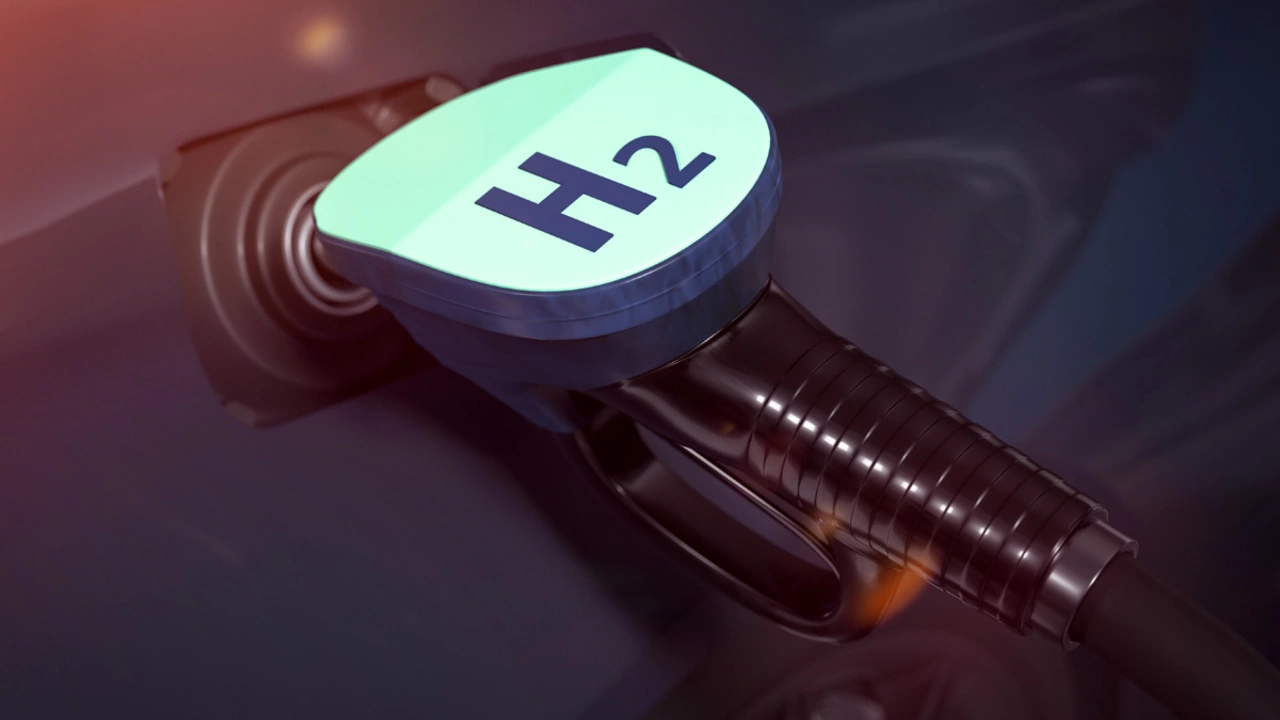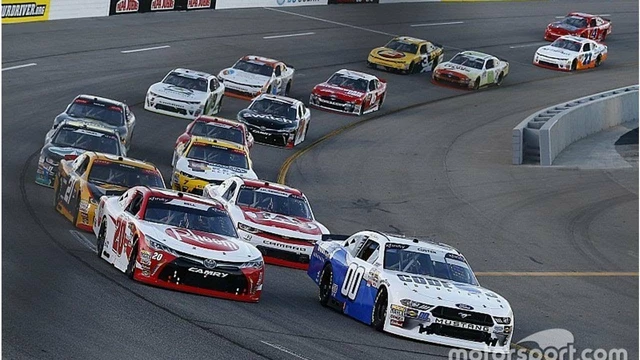Introduction to a Gasoline-Free Future
As a lover of auto racing, you might be wondering what the future of the sport looks like without gasoline. With the undeniable shift towards renewable energy sources, it's only a matter of time before this trend impacts the world of auto racing. In this blog post, we'll explore the possibilities, opportunities, and challenges that lie ahead.
The Emergence of Electric Racing
The rise of electric vehicles (EVs) is impossible to ignore. As we move towards a future without gasoline, EVs are likely to dominate the auto racing scene. The FIA Formula E Championship, which features exclusively electric-powered cars, is a clear indication of this shift. This form of racing provides an exciting and eco-friendly alternative to traditional gas-powered racing, without sacrificing the thrill and intensity that fans love.
The Role of Hydrogen in Auto Racing
While electric power is leading the charge, it's not the only alternative fuel source on the horizon. Hydrogen fuel cell technology is another contender. Hydrogen-powered cars have the potential to offer the range and refueling speed that EVs currently lack, making them a viable option for long-distance racing. The technology is still in its early stages, but keep an eye on this space for future developments.
Challenges of Transitioning to Alternative Fuels in Auto Racing
Transitioning from gasoline to alternative fuels in auto racing won't be without its challenges. From the logistics of setting up charging or refueling stations at racetracks to the need for extensive research and development, there's a lot to consider. Additionally, the differences in handling and performance between gas-powered and alternative fuel vehicles may require significant adjustments from drivers and teams alike.
Impact on Performance and Speed
One of the most significant concerns for racing enthusiasts is how the switch to alternative fuels will affect performance and speed. Early indications from electric and hydrogen-powered racing suggest that these vehicles can certainly hold their own. However, until these technologies are more mature, it's difficult to say for sure how they'll compare to their gasoline counterparts in the long term.
The Environmental Impact of a Gasoline-Free Future
Perhaps the most compelling reason for the shift towards a gasoline-free future in auto racing is the potential environmental impact. By reducing our reliance on fossil fuels, we can significantly decrease greenhouse gas emissions and contribute to the fight against climate change. Plus, the development of alternative fuel technologies for racing could also drive advancements in everyday vehicles, leading to broader environmental benefits.
Setting the Pace for the Future
While a future without gasoline might seem daunting to some, it's an exciting prospect for the world of auto racing. With the potential to revolutionize the sport while making a positive impact on the environment, it's an opportunity we can't afford to miss. So, whether you're a racing driver, a fan, or simply someone with an interest in sustainable technology, strap in and get ready. The future of auto racing is going to be a thrilling ride.



